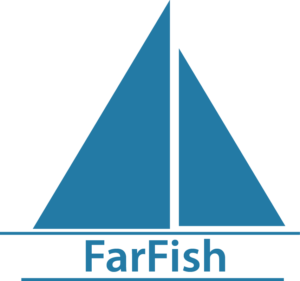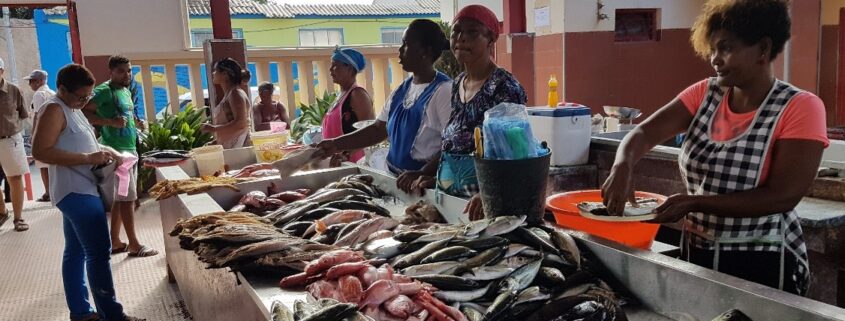Report published on institutional-, social- and economic challenges in selected EU long distant fleet case studies and suggestions for improvements
The FarFish project has published a report where governance structures, as well as social and economic issues, connected with EU long-distant fisheries in selected case studies are analysed. The study focuses on identifying institutional challenges in the relevant fisheries, SWOT analysis of processing and markets for the products, and suggestions for improvements.
The EU is obliged to ensure sustainable utilization of the fisheries’ resources to which EU fleets have access to, both in the high seas and through bilateral agreements, based on the principles of good economic and social governance. This is mainly done through cooperation with Regional Fisheries Management Organisations (RFMOs) and national authorities in partnership countries to improve knowledge and management of the fisheries. Inadequate governance of these fisheries can hinder the goal of sustainable utilization of fisheries’ resources, resulting in suboptimal or over-exploitation of shared and straddling fish stocks. On the other hand, limited knowledge regarding the processing and market conditions in partner coastal states has contributed to substantial criticism regarding the social and economic benefits that the international fisheries actually bring to the partners’ countries.
In line with the overall objective of the FarFish project, to ensure sustainability and profitability in EU fisheries outside of Europe, the project has published a report that utilises the knowledge acquired across the different work packages in the project to identify challenges and opportunities for improvements in the FarFish case studies regarding governance structure, as well as social- and economic issues. This analysis is twofold: 1) identification of institutional challenges obstructing the achievement of the intended governance principles as expressed in the relevant fisheries agreements; 2) analysis of the processing and market strengths, weaknesses, opportunities and threats for the selected case studies. These are then summarized in the form of road maps, which visualize the pathways towards achieving the ambitions identified for the FarFish project.
The selected case studies included in the report are high-seas fisheries in the SW- and SE-Atlantic, and SFPA fisheries in Capo Verde, Senegal, Mauritania and Seychelles. The report highlights the fact that the different case studies, despite having each their own identity, have several challenges in common, such as the lack of adequate data reporting and collection, limited resources of coastal states to conduct adequate Monitoring, Control and Surveillance (MCS) on international fleets (i.e. processing of VMS signals).
The full report is available here.




